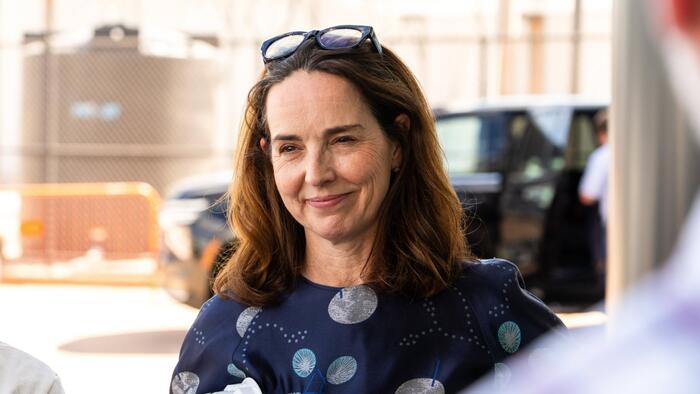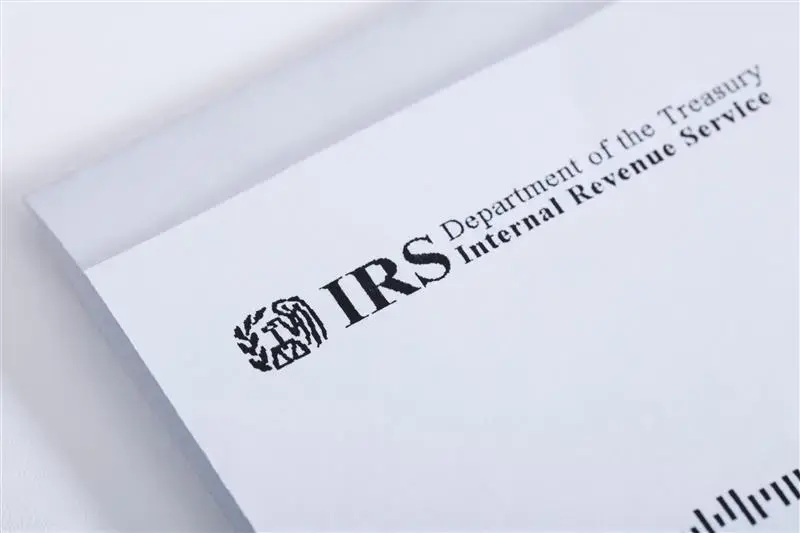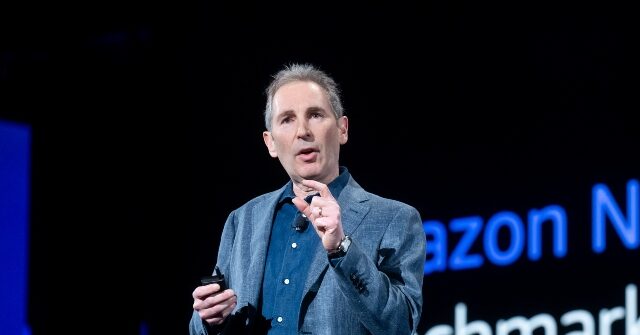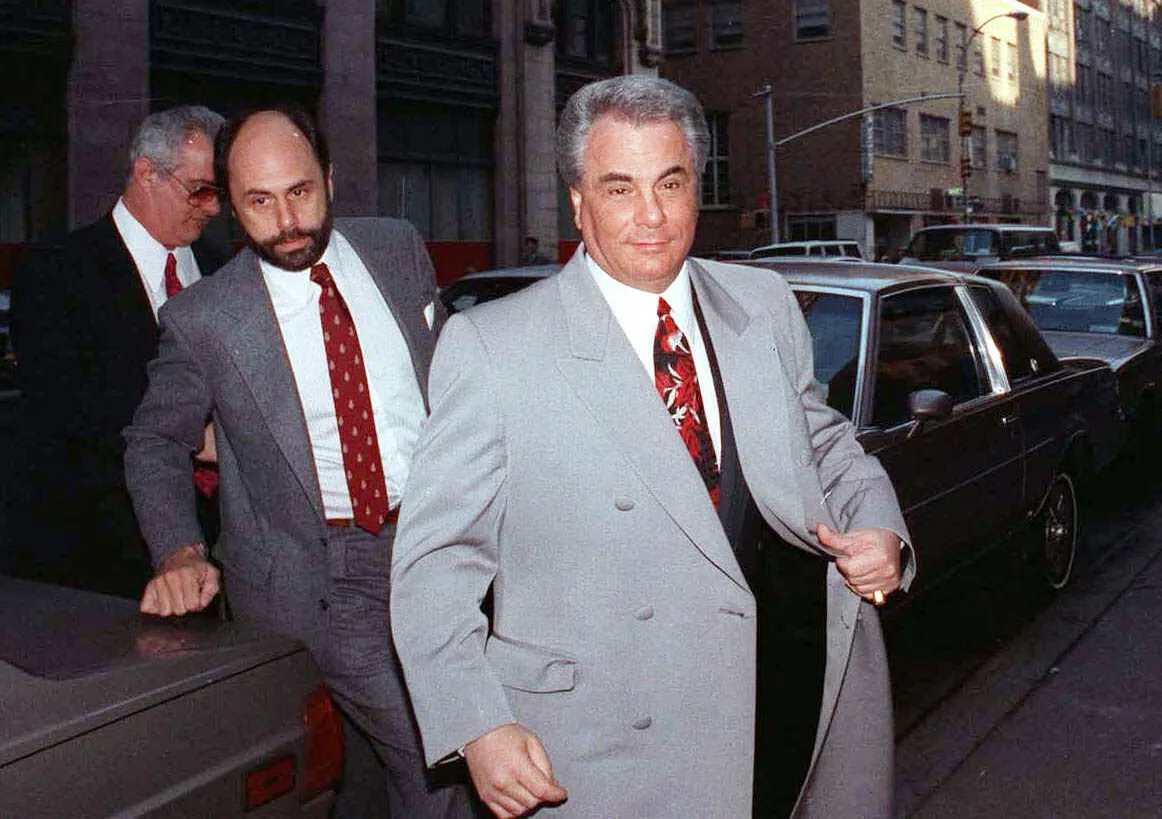Copyright ZeroHedge

How do you know i) a bubble is about to burst, or ii) an corporate fraud of epic proportions is about to unwind? Look no further than Enron or Lehman Brothers, where Jeff Skilling and Dick Fuld, respectively, launched an all out attack against the market in general, and shorts in particular as a last-ditch desperation move to distract from the imminent demise of their insolvent companies. It may not be that dire just yet, but in a recent podcast alongside Brad Gerstner and Satya Nadella, OpenAI's Sam Altman, when asked by Gerstner, who is an OpenAI investor (that whole "non-profit" thing is long dead and buried for those who haven't been paying attention), how a company with $13BN in revenue can afford $1.4T in commitments. Altman’s reply? “If you want to sell your shares, I’ll find you a buyer." Actual translation: no answer. And while Sam didn't blame the market or the shorts - yet - he is starting to blame the longs for not having enough faith. He is not the only one: earlier today his #2 doubled down when she blamed - get this - the market for being too pessimistic and not having enough "exuberance." In an onstage interview at the Wall Street Journal’s Tech Live conference in California on Wednesday, OpenAI CFO Sarah Friar suggested the market is overly focused on anxiety about a possible bubble in the artificial intelligence sector and should muster more “exuberance” about the technology’s potential. “I don’t think there’s enough exuberance about AI, when I think about the actual practical implications and what it can do for individuals,” Friar said “We should keep running at it.” The practical implications being putting 150 million people out of work, but let's ignore that. Of course, Friar doesn't actually care about the lack of exuberance: what she - and her boss - are much more concerned about is the epic circle-jerk vendor financing deals (see "The Stunning Math Behind The AI Vendor Financing "Circle Jerk"") that have served as the basis for much of the AI bubble rally, and somehow always have OpenAI in their centers, are finally being scrutinized. As Bloomberg notes, there has been mounting scrutiny in recent months on soaring valuations for AI companies as well as the accelerating spending spree from tech firms on data centers and chips to support artificial intelligence development. OpenAI alone has committed to spending more than $1.4 trillion on AI infrastructure, even though the company remains unprofitable and has only $13BN in revenue, as noted above. To support its AI data center buildout, OpenAI has made a series of increasingly more outlandish deals with firms like Nvidia and Advanced Micro Devices that have been criticized as circular financing arrangements. Nvidia, for example, agreed to invest as much as $100 billion in OpenAI to help fund its data center expansions. OpenAI, in turn, committed to filling those sites with millions of Nvidia chips. But in the interview, Friar said, “I kind of reject the premise completely.” “We’re all just building out full infrastructure today that allows more compute to come into the world,” Friar said. “I don’t view it as circular at all,” she continued. “A huge body of work in the last year has been to diversify that supply chain.” You know who also didn't view a glut of capacity as excessive,? Global Crossing: they too were one of the world's most valuable companies for a while... and then the went bankrupt. As for whether OpenAI's "deals" are circular, let's ask Morgan Stanley: Of course, OpenAi knows very well just how farcical the whole circular financing circle-jerk is, and is also very well aware what the endgame is... it's precisely what we said a month ago: the government will step in sooner or later, and OpenAi is now doing everything it can to make it "sooner." Besides the daily barrage of "deals" with chipmakers, OpenAI revealed today that it is also eying a broad mix of financing sources to fund its infrastructure efforts, and especially one: you. Friar said OpenAI is “looking for an ecosystem of banks [and] private equity” to support its ambitious plans, and hinted at a role for the US government to “backstop the guarantee that allows the financing to happen,” but did not elaborate on how this would work. Federal loan guarantees would "really drop the cost of the financing," she explained, enabling OpenAI and its investors to borrow more money at lower rates to meet the company's ambitious targets. Because there is nothing like a company with $14BN in revenue, $1 trillion in "valuation" and $1.4 trillion in commitments, than loading up to the gills with government backstopped debt. See, if only Enron and Lehman could do the same, both would still be around. The proposal -- unusual for a Silicon Valley tech giant -- would theoretically reduce OpenAI's borrowing costs since the government would absorb losses if the company defaulted. Such guarantees would also dramatically expand OpenAI's potential lender pool, as many banks and financial institutions face strict limits on high-risk lending. Asked for clarification, an OpenAI spokesperson said Friar was speaking in the context of the broader AI industry. There are currently no immediate plans about OpenAI pursuing a federal backstop, the spokesperson said.



